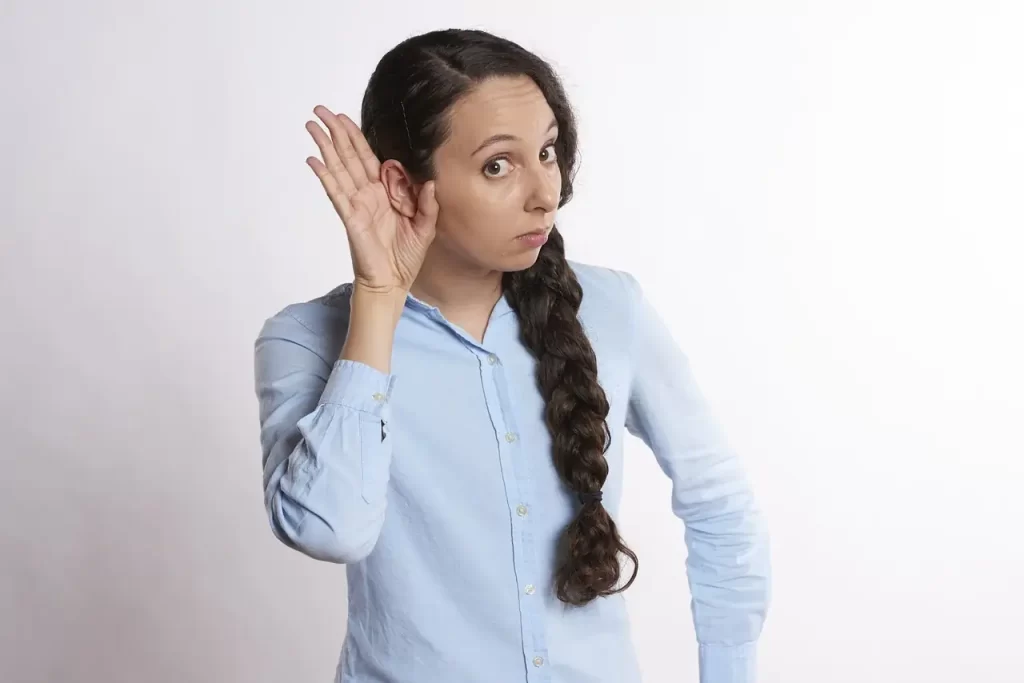As a homeowner, it’s important to pay attention to the various noises that may emanate from your plumbing system. These noises can serve as warning signs of potential issues that may require prompt attention to prevent further damage and costly repairs. By being aware of the different noises in your plumbing system and understanding what they may indicate, you can take proactive measures to address them and maintain a healthy and efficient plumbing system in your home.
- Dripping or Running Water: If you hear dripping or running water sounds when all the faucets in your home are turned off, it could be a sign of a leak in your plumbing system. Leaks can occur in various areas such as faucets, pipes, valves, or fixtures, and can lead to wasted water, increased water bills, and even water damage if left unattended. If you notice persistent dripping or running water sounds, it’s important to investigate and address the issue promptly to prevent further damage and water waste.
- Banging or Hammering Noises: If you hear banging or hammering noises coming from your pipes when you turn on or off a faucet, it may be due to water hammer. Water hammer is a sudden change in water flow direction that can cause a loud banging or hammering noise in the pipes. It can be caused by a variety of factors such as high water pressure, improper pipe installation, or worn-out valves. Water hammer can lead to damage to your pipes, fittings, and appliances over time. If you notice consistent water hammer noises, it’s best to consult a plumber to determine the cause and implement appropriate measures to mitigate the issue.
- Gurgling or Bubbling Noises: If you hear gurgling or bubbling noises coming from your drains or toilets, it may indicate a blockage in your plumbing system. These noises are typically caused by trapped air or water trying to escape through a blocked pipe. Blockages can occur due to various reasons such as accumulated debris, grease, or tree roots in the pipes. Ignoring gurgling or bubbling noises can lead to further blockages, slow drainage, and potential water backups. It’s important to address these noises promptly by using plunger, drain cleaners, or seeking professional help if the issue persists.
- Whistling or Screeching Noises: If you hear whistling or screeching noises when you turn on a faucet or flush a toilet, it may indicate a malfunctioning valve or an issue with your water pressure regulator. Whistling or screeching noises are often caused by water flowing too quickly through a partially closed valve or a faulty pressure regulator. These noises can be irritating and may indicate an underlying problem that requires attention. It’s best to consult a plumber to diagnose and resolve the issue to prevent further damage to your plumbing system.
- Continuous Running of the Toilet: If you hear your toilet running continuously even after flushing, it may indicate a faulty flapper valve or fill valve. A faulty flapper valve can allow water to leak from the tank to the bowl, causing the toilet to constantly refill and run. This can lead to increased water usage and higher water bills. If you notice a continuous running toilet, it’s important to replace the faulty parts promptly to prevent water waste and unnecessary expenses.
Listening to the noises in your plumbing system is an essential part of maintaining a healthy and efficient plumbing system in your home. By paying attention to dripping or running water, banging or hammering noises, gurgling or bubbling noises, whistling or screeching noises, and continuous running toilets, you can detect potential issues early and take appropriate measures to address them. If you’re unsure about any plumbing noises or encounter persistent issues, it is always best to consult a professional plumber for a thorough inspection and proper diagnosis. Remember, proactive maintenance and timely repairs can save you from costly repairs and water waste in the long run.
In addition to listening for noises, it’s also important to practice good plumbing habits and avoid certain actions that can cause damage to your plumbing system. Here are some do’s and don’ts to keep in mind:
Do’s:
- Regularly inspect and maintain your plumbing system, including checking for leaks, repairing or replacing faulty valves or fixtures, and clearing out debris from drains.
- Educate yourself and your family members about what can and cannot be disposed of down the drains to prevent clogs and blockages.
- Install drain screens or traps to catch hair, food particles, and other debris before they enter your drains.
- Monitor your water bill for any sudden spikes that could indicate a leak in your plumbing system.
- Seek professional help for any plumbing issues that you are not confident in fixing yourself.
Don’ts:
- Pour grease, oil, or fat down the drains as they can solidify and cause clogs.
- Flush non-flushable items such as wipes, feminine hygiene products, or cotton balls down the toilet.
- Overload your garbage disposal with large amounts of food scraps at once.
- Use harsh chemicals or drain cleaners that can damage your pipes and fixtures.
- Ignore signs of plumbing issues, such as leaks, slow drainage, or unusual noises, as they can worsen over time and lead to costly repairs.
By following these do’s and don’ts and being attentive to the noises in your plumbing system, you can ensure its longevity and efficiency, saving yourself from unnecessary expenses and headaches.
In conclusion, proper maintenance, timely repairs, and attentive listening to the noises in your plumbing system are crucial for maintaining a healthy and efficient plumbing system in your home. Regular inspections, good plumbing habits, and seeking professional help when needed can prevent costly repairs, water waste, and inconveniences. Remember, a little effort and attention towards your plumbing system can go a long way in keeping it functioning optimally for years to come.


